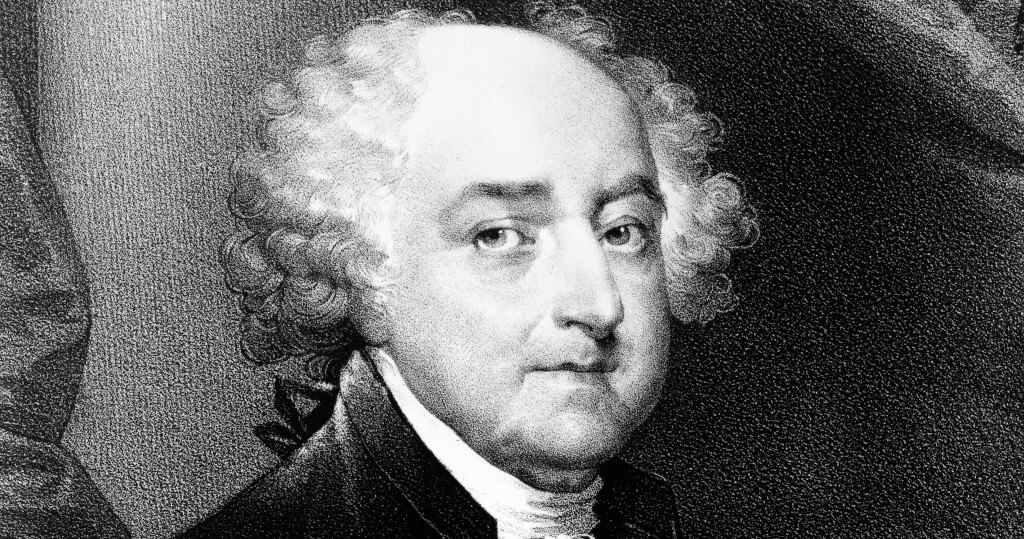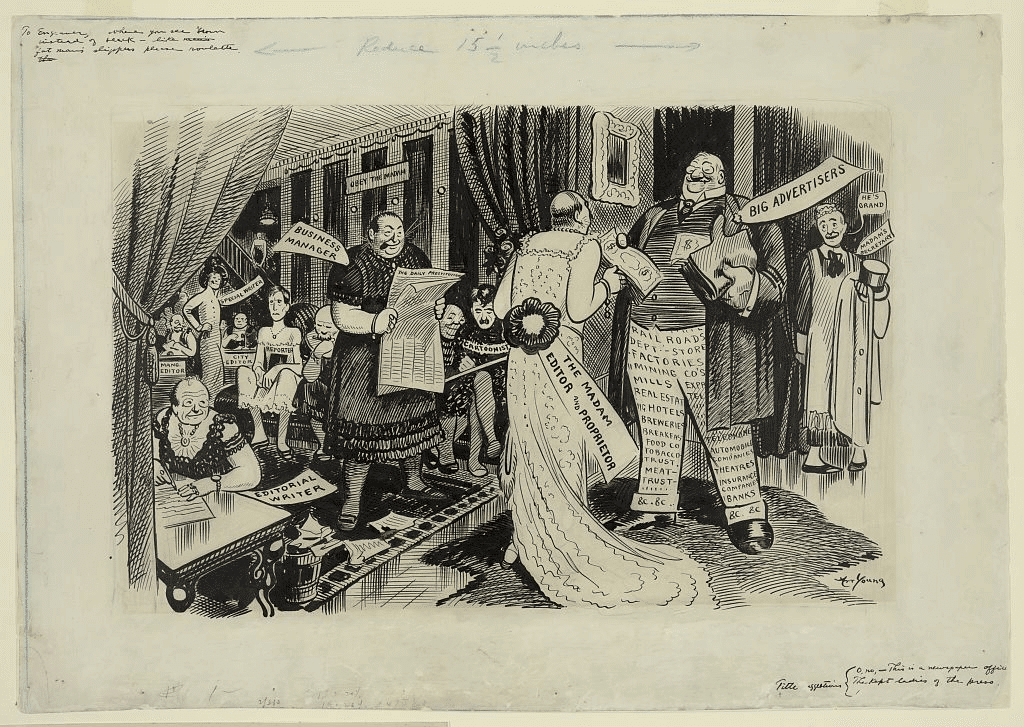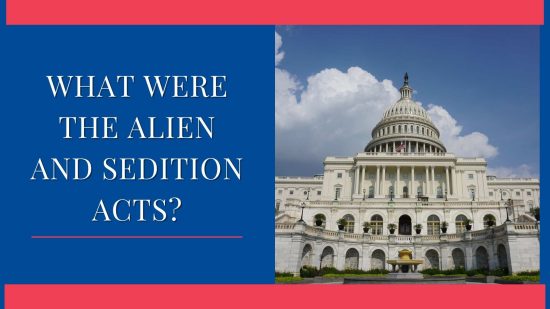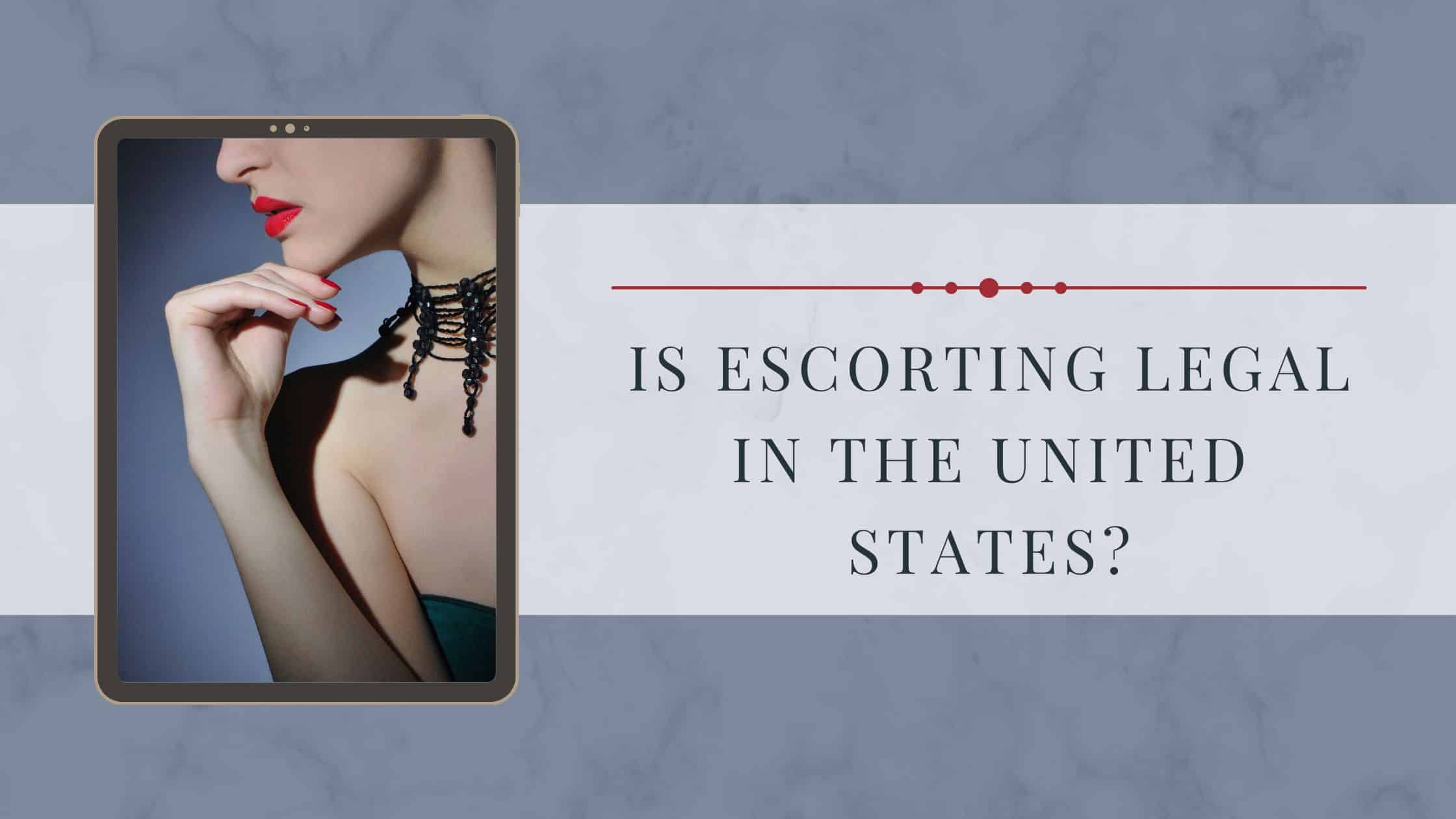Table of Contents
ToggleSources
- https://www.archives.gov/milestone-documents/alien-and-sedition-acts
The National Archives provides authoritative primary source documents and historical context about the Alien and Sedition Acts, including their text and impact. - https://www.mountvernon.org/library/digitalhistory/digital-encyclopedia/article/alien-and-sedition-acts/
The George Washington Presidential Library offers a detailed overview of the Alien and Sedition Acts, their political motivations, and their consequences, from a reputable historical source. - https://www.britannica.com/event/Alien-and-Sedition-Acts
Encyclopaedia Britannica provides a comprehensive and well-researched summary of the Alien and Sedition Acts, their background, and their effects on American politics. - https://www.history.com/topics/early-us/alien-and-sedition-acts
History.com offers an accessible yet authoritative account of the Alien and Sedition Acts, including their role in the political conflict between Federalists and Democratic-Republicans. - https://www.loc.gov/rr/program/bib/ourdocs/Alien.html
The Library of Congress provides historical context and primary sources related to the Alien and Sedition Acts, making it a reliable reference for their legislative and political implications.
Key Points
- The Alien and Sedition Acts of 1798 were controversial laws passed under John Adams' presidency, infringing on civil liberties and restricting freedom of speech and the press.
- These laws were influenced by political tensions between the Federalist Party (pro-British, centralized government) and the Democratic-Republican Party (pro-French, states' rights).
- The XYZ Affair (1797) heightened anti-French sentiment, leading to war hysteria and Federalist efforts to strengthen the military and suppress dissent.
- The Alien Acts targeted French and Irish immigrants, allowing deportation of enemy aliens and extending naturalization waiting periods.
- The Sedition Act criminalized criticism of the government, leading to prosecutions of opposition figures, including newspaper editors and Congressman Matthew Lyon.
- Democratic-Republicans, led by Thomas Jefferson and James Madison, opposed the Acts as unconstitutional, drafting the Kentucky and Virginia Resolutions to nullify them.
- The Acts played a key role in the 1800 election, contributing to Adams' defeat and Jefferson's victory.
- Most Alien and Sedition Acts were repealed by 1802, but the Alien Enemies Act (AEA) persisted, later used in WWI and WWII for internment policies.
- The legacy of the Acts includes debates over constitutional rights, government overreach, and the balance between security and civil liberties.
Summary
The Alien and Sedition Acts of 1798, passed under John Adams' presidency, were controversial laws that restricted immigrants' rights and limited free speech by criminalizing criticism of the government. Fueled by political tensions and anti-French sentiment after the XYZ Affair, these acts sparked backlash, particularly from Thomas Jefferson's Democratic-Republicans, who argued they violated constitutional freedoms. The laws ultimately contributed to Adams' defeat in the 1800 election, and most were repealed by 1802, though the Alien Enemies Act remained and was later used during World War II to justify Japanese internment.
A series of four laws passed by the 5th United States Congress in 1798 during John Adam’s presidency, the Alien and Sedition Acts were highly controversial laws that infringed upon civil liberties.
These xenophobic laws restricted foreign residents’ affairs in the United States. They also curbed constitutional rights by limiting freedom of the press and speech.
Criticism of the government or the president of the United States became illegal after the law’s passing.
Background: Polarized Political Parties
The United States’ first political party, the Federalist party, dominated early American politics, controlling the national government in the 1790s.

Adams and the Federalist Party won the first partisan election in American history, defeating future President Thomas Jefferson and the Democratic-Republican Party.
Federalists favored a more centralized government and stronger federal law, while Democratic-Republicans favored giving individual states more power.
The parties disagreed and diverged when to adhering to the constitution. Federalists believed in ratification and a rather vague interpretation of the constitution, while Democratic-Republicans believed in rigid, strict adherence.
XYZ Affair
At the time, the Federalist Party was predominantly pro-Great Britain, while the Democratic-Republicans were predominantly pro-French. This division came to a head with the infamous XYZ affair of 1797.

Shortly after coming to office, President Adams sent three delegates to the French capital city, Paris, to meet with Charles Talleyrand, the French Foreign Minister.
Instead of a meeting with Talleyrand, three French representatives, labeled in United States’ documents simply as X, Y, and Z, attempted to extort the United States for a $250,000 bribe and an immediate loan of $10 Million before the intended talks could begin.
Eventually, news of the incident reached the American public causing outrage and hawkish calls for war with France.
Hysteria at home
Following the XYZ incident and hostilities from French privateers directed against merchant ships sailing within American waters (many American ships were captured, some sunk), hysteria and war fever reached a breaking point.

Federalists took advantage of the public’s anger to build the military, which had been significantly reduced following the American Revolution. They smeared Thomas Jefferson and the Democratic-Republicans for their pro-France stance.
Staunch Federalist and Founding Father Alexander Hamilton described Democratic-Republicans’ members as more French than American.
Preparations for War
Amidst the growing hysteria, President Adams and his administration began preparing the United States for a potential French invasion.
As part of the preparations for a possible war, weary of potential French saboteurs and spies already on American soil, Congress, made up of a Federalist majority, passed the four Alien and Sedition Acts into law in the summer of 1798.
Alien Acts
The three Alien Acts dealt primarily with French and Irish immigrants who tended to be pro-French. AEA, or the American Enemies Act, permitted the detention and subsequent deportation of any resident alien of a foreign enemy in the event of war.

The AFA, or American Friends Act, gave the president the power to try and deport any non-citizen reported or suspected of plotting against the government, even during times of peace.
The Naturalization Act raised the waiting period for United States citizenship to a period of five to 14 years.
Sedition Act
The Sedition Act banned publishing any “false, scandalous, or malicious writing” directed against the president or Congress.

Additionally, it became illegal to conspire against the government, specifically any measure or law enacted by the government.
Though some of the practices outlawed in the Sedition Act were already forbidden in some states by libel and common law, this was the first time the Federal Government passed such measures.

Get Smarter on US News, History, and the Constitution
Join the thousands of fellow patriots who rely on our 5-minute newsletter to stay informed on the key events and trends that shaped our nation's past and continue to shape its present.
Sedition Act debate
In response, Democratic-Republicans, led by Jefferson, a minority in Congress, vehemently opposed the new laws, especially the Sedition Act.
They argued that the law violated the constitution, specifically the First Amendment and the articles protecting freedom of the press and speech.
Nonetheless, with a majority, the Federalists pushed the law, arguing that English and American courts had long been punishing seditious libel under the auspice of common law.
Kentucky and Virginia protest
Responding to the controversial alien and sedition acts, Kentucky and Virginia passed measures (known simply as the Kentucky and Virginia Resolutions) through their respective state legislatures.

These resolutions declared that both the Alien and the Sedition Acts were void due to their unconstitutionality and infringement upon civil liberties.
Unknown at the time, only to be revealed some 25 years later, Thomas Jefferson and James Madison were the authors of this piece of legislation.
In Action: The Alien and Sedition Act in Use
Trial of Matthew Lyon
Matthew Lyon, a Republican congressman from the State of Vermont, became the first individual to be prosecuted under the new law in 1798.
Lyon was subject to a grand jury indictment for publishing letters in Democratic Republican Party newspapers that they claimed showed “intent and design” to defame President Adams and the United States government.
Defending himself in court, Lyon was eventually convicted, receiving a four-month prison sentence and a $1,000 fine.
Further prosecutions
In total, from 1798-1801, 26 individuals were prosecuted by the federal government for violating the Sedition Act.
All those on trial opposed President John Adams, and many worked as editors for Democratic Republican Party newspapers.

These prosecutions fueled a tremendous debate across the nation about the nature of the constitution, the right to freedom of the press and freedom of speech, and the treatment of opposing political parties.
The Election of 1800
The hotly contested election of 1800 pitted incumbent President John Adams against Democratic Republican Party candidate Thomas Jefferson.
The new laws restricting freedoms played a prominent role in the election. Ultimately, Jefferson won the election partly due to outrage related to the Alien and Sedition Acts.
In hindsight, the implementation of these laws is viewed as a tremendous blunder by the Adams administration, which greatly hindered his re-election chances.
Aftermath
With Jefferson and the Democratic-Republican party in charge, all Alien and Sedition laws, except the Alien Enemies Act (AEA), were either repealed or not renewed by 1802.
AEA was amended in 1918, during World War I, to add women to the list of those eligible for prosecution. United States President Franklin Delano Roosevelt invoked the AEA following the Japanese attack on the United States Naval base at Pearl Harbor.
The law’s implementation created internment camps in the western half of the United States, where thousands of Japanese-American families were forcibly relocated.
What Were the Alien and Sedition Acts? Quiz
Frequently Asked Questions
What were the Alien and Sedition Acts?
Why were the Alien and Sedition Acts passed?
What were the main components of the Alien and Sedition Acts?
How did the public and political opponents react to the Alien and Sedition Acts?
What was the long-term impact of the Alien and Sedition Acts?
How useful was this post?
Click on a star to rate it!
Average rating / 5. Vote count:
No votes so far! Be the first to rate this post.
We are sorry that this post was not useful for you!
Let us improve this post!
Tell us how we can improve this post?






